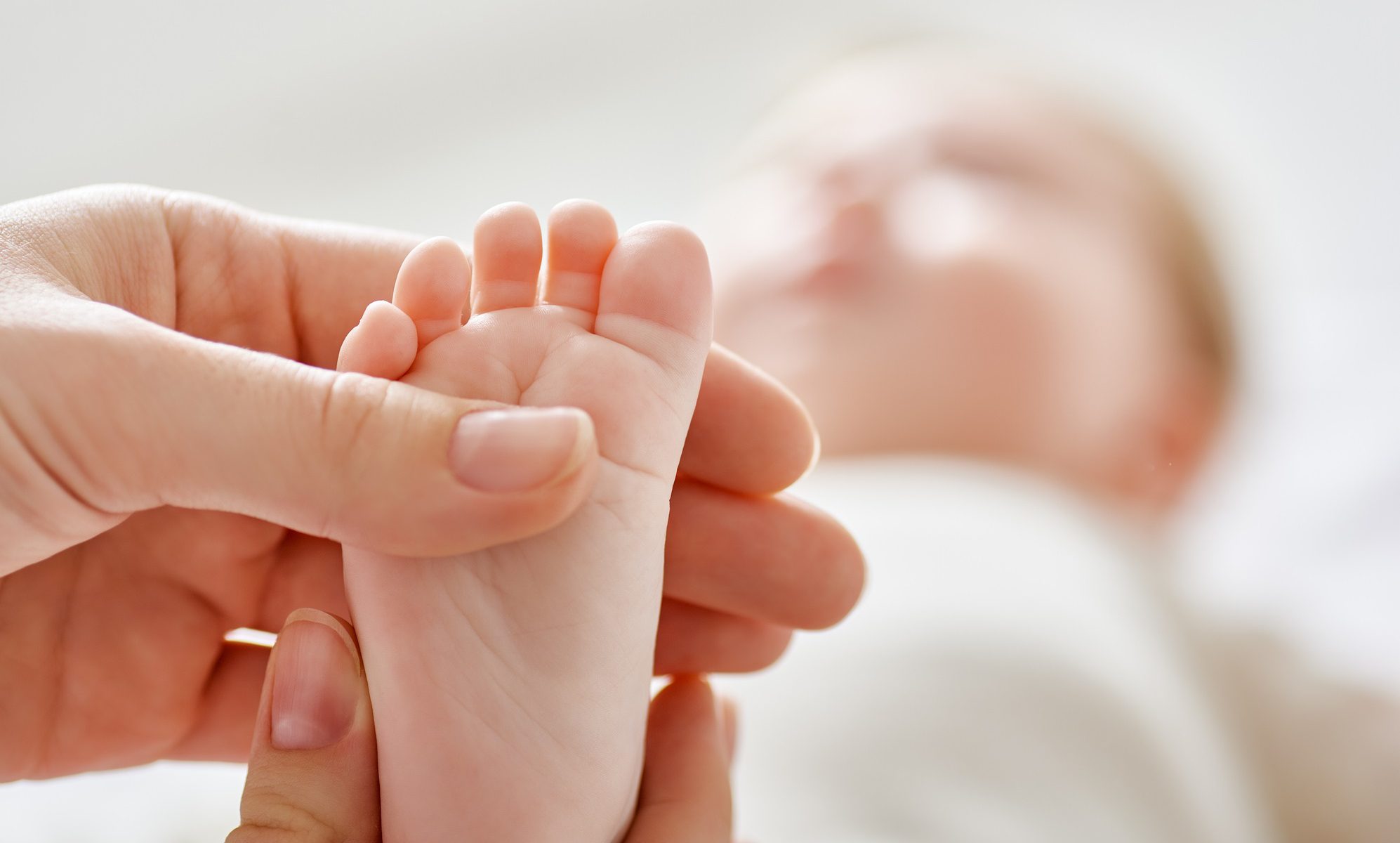Loading
Adherence promotion strategies, such as the Medication Adherence Promotion System, proved to be cost-effective and improved rejection rates among adolescent kidney transplant recipients, according to a published study.
“To date, there are several randomized controlled trials that show systems to improve medication adherence can improve adherence in transplant patients, but they have not demonstrated a decrease in rejection rates — which is the primary purpose to improve medication adherence in transplant patients,” Charles D. Varnell Jr., MD, MS, assistant medical director of kidney transplantation from the division of nephrology and hypertension at Cincinnati Children’s Hospital Medical Center in Ohio, told Healio.
Read more.
Loading





